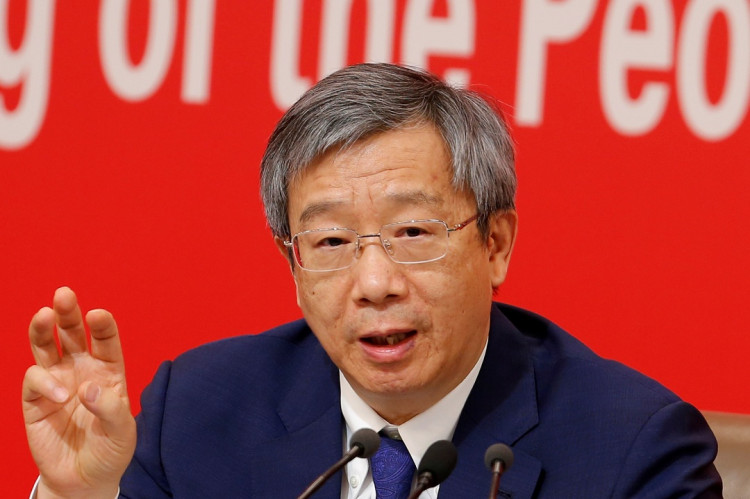China has declared it will accelerate efforts to open its financial markets and encourage foreign investments after reports the Trump administration is seriously considering banning U.S. investments in China.
The Trump administration plans to delist Chinese companies from Wall Street stock exchanges; prevent U.S. government pension funds from investing in the Chinese stock market and block all U.S. financial investments in Chinese companies, according to CNBC.
"It is necessary to further expand the high-level two-way opening of the financial industry, encourage overseas financial institutions and funds to enter the domestic financial market, and enhance the vitality and competitiveness of China's financial system," said the Financial Stability and Development Committee of the State Council in a statement.
The hard-line on China is being seen as a negotiating tactic to pressure China into more concessions ahead of the resumption of stalled trade talks on Oct. 10 and 11. President Donald Trump was pleased with the new pressure being exerted on China by his people.
"We are winning, and we will win (the trade war)," tweeted Trump on Monday.
Trump also warned Americans of the military and economic danger China poses ahead of the 70th anniversary of the founding of the People's Republic of China on Oct.1.
"After many years, the United States is finally waking up to Beijing's plans and ambitions to pass us as the dominant economic & military superpower in the 21st Century. What's happening now is that the U.S. is finally responding (thank you, President Trump). This is taking place in TRADE, it's taking shape in Military Competition," tweeted Trump.
Trump also said China "should not have broken the deal we had with them. Happy Birthday China!"
Trump's desire to cripple the financial roots of China's economic success stands to collide with reality, however. U.S financial institutions, as well as those from other rich nations, are boosting their exposure in China's huge and lucrative financial market.
The Bloomberg Barclays Global Aggregate Index began adding Chinese bonds this year. Global stock index provider MSCI Inc. now includes more than $1.9 trillion worth of mainland Chinese A-shares to its key emerging markets index.
The Bloomberg Barclays Global Aggregate Index is a flagship measure of global investment grade debt from 24 local currency markets. This multi-currency benchmark includes treasury, government-related, corporate and securitized fixed-rate bonds from both developed and emerging markets issuers.
MSCI is a global provider of equity, fixed income, hedge fund stock market indices and multi-asset portfolio analysis tools. It publishes the MSCI BRIC, MSCI World, and MSCI EAFE Indexes.






